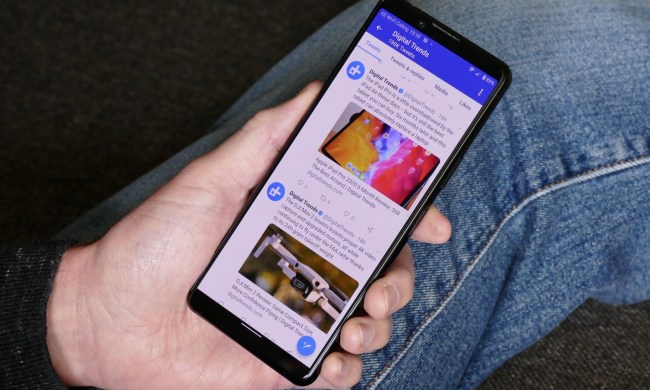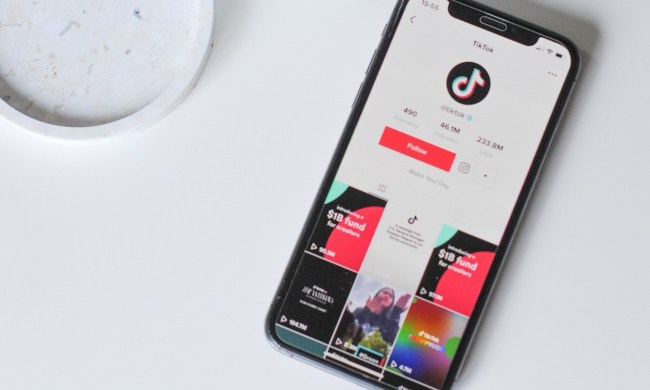
In a new study, researchers at the Georgia Institute of Technology have shown they can predict dieting success with 77 percent accuracy.
Amid the popularity of fitness and quantified self apps, lead researcher Munmun De Choudhury noticed that many people were sharing their results on social media. “Twitter is a general purpose social media platform, not specifically about health or diet,” she told Digital Trends. “Why is it then people are sharing these diet updates on Twitter? This led to our main research question – so are there certain types of content, language, and activities shared on Twitter that would predict somebody’s future diet compliance?”
Choudhury and her team studied the words and phrases of more than 2 million tweets and over 100,000 daily fitness app entries from 700 Twitter users. They found that people who use more positive, future-focused, and self-reflective phrases were more likely to stick to their day-to-day diet plan.
On the other hand, Choudhury said, “Unsuccessful dieters tend to talk less about health and fitness in their tweets, and their self-esteem seems to be low, because they do not talk about their achievements and accomplishments. They also have fewer support they can glean from their social networks on Twitter. Finally, these dieters express more negative emotion, anger, anxiety, and sadness in their Twitter posts.”
The findings may not be revelatory, but they do suggest a way to improve dieting success, both for fitness apps and the people doing the dieting. “Despite the plethora of availability of various quantified self tools, people still struggle with maintaining good health and fitness,” Choudhury said. “Part of the problem stems from the fact that over extended periods of time, people lose their motivation of using these apps, and inability to conform to diet goals demoralizes people, leading to further abandonment.
“Quantified self tools could incorporate this information to nudge people persuasively to continue to share their diet information, and adopt better health behavior practices that can reduce the likelihood of failing,” she added.


